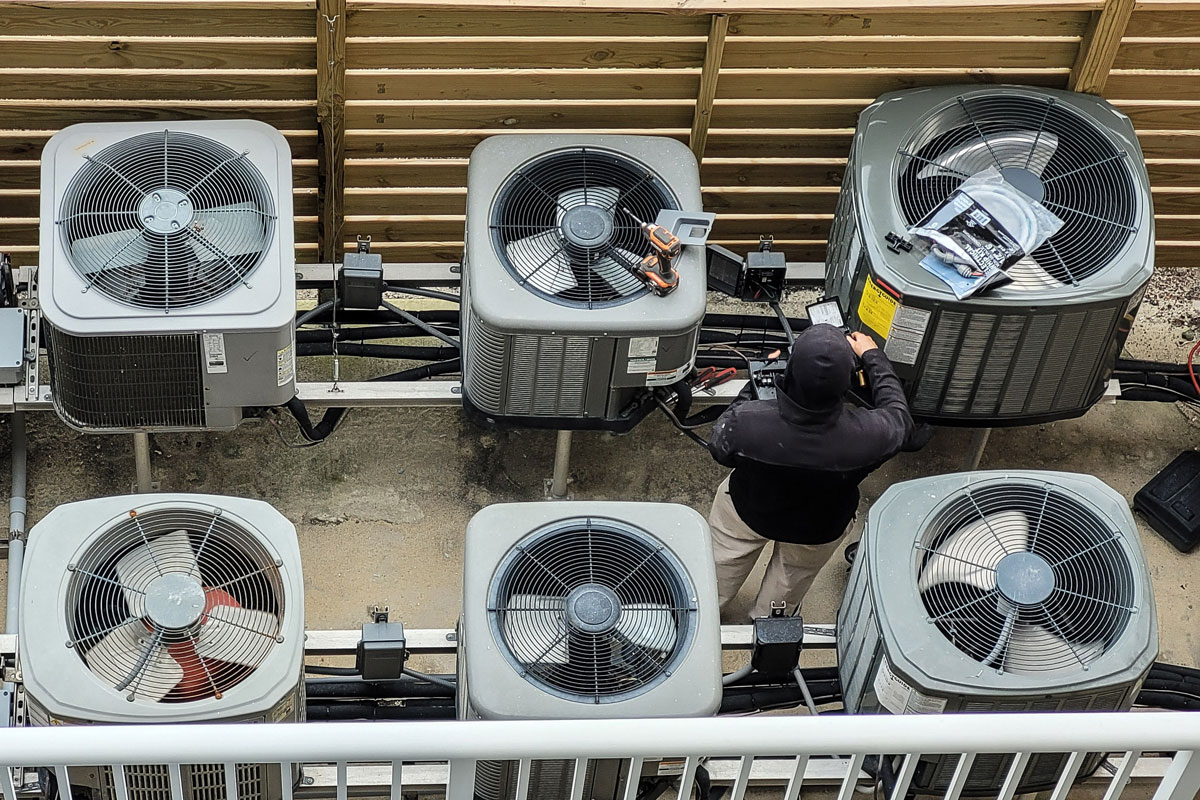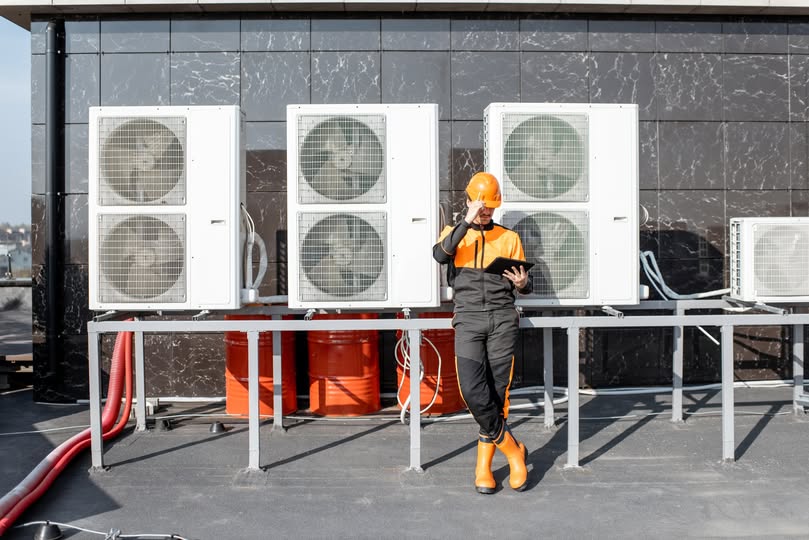One of the most often worn-out components in residential air conditioning systems is the capacitor. They normally last for several years, but if you keep the same air conditioner for longer than ten years, you'll need to replace them at least once.
A Plus Quality recommends avoiding any attempts to replace the capacitor yourself. The capacitor keeps a sizable charge even when you turn off the AC. If you touch it, you risk being electrocuted.
How do you know when a capacitor needs replacing?
Here are a few typical signs of a failing AC capacitor:
The AC isn't blowing cold air
One of the first indications of a problem that many homeowners see is an air conditioner that doesn't pump cold air. You should call in for expert assistance if the issue persists after turning your machine off and back on several times.
Exorbitantly high energy costs
The issue could be caused by an AC capacitor failing. The harder you make your air conditioning system work to complete the task, the more energy it will take.
A buzzing sound
As soon as your AC system starts up, please pay attention to it. Your capacitor may fail if your air conditioner makes a humming noise or starts slowly.
An outdated HVAC unit
For whatever cause, an old HVAC system will eventually quit functioning. If your appliance is more than a 10 years old and periodically refuses to switch on, the capacitor might need to be changed.
AC Shuts Off By Itself
Occasionally turning off on its own could signal that your capacitor is malfunctioning.
The AC Doesn't Turn On Right Away
Does your air conditioner occasionally take a while to switch on? This is another indication of a deteriorating or defective AC capacitor.
The AC Won't Start
A defective AC capacitor can cause your air conditioner's complete inability to start.
Conclusion
If you are unclear of exactly what to look out for but still find that your unit isn't running at top efficiency, contact A Plus Quality Inc, servicing Toronto & GTA. We have qualified and knowledgeable technicians ready to analyze the problem and provide prompt and practical solutions. Contact us now if you see any signs that the capacitor in your air conditioning system is beginning to fail.



